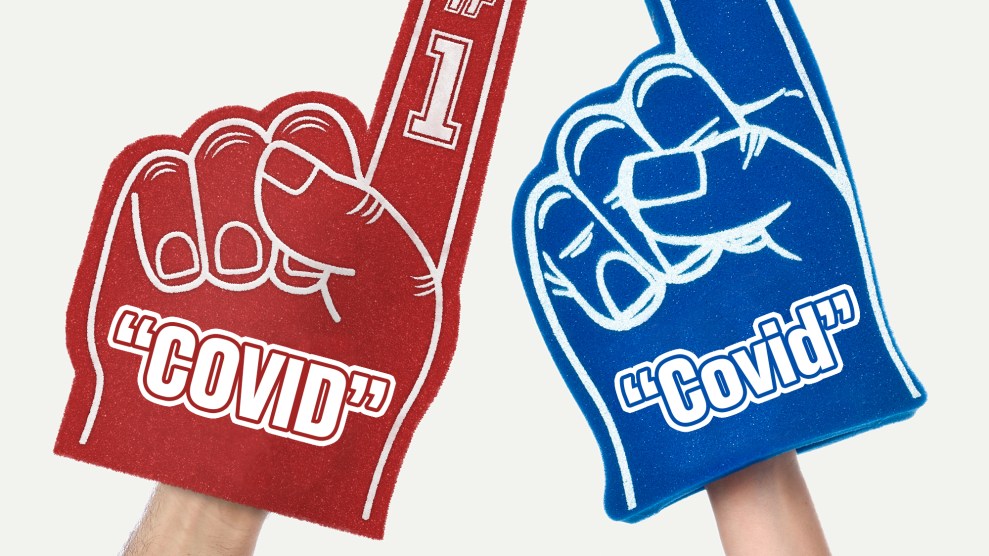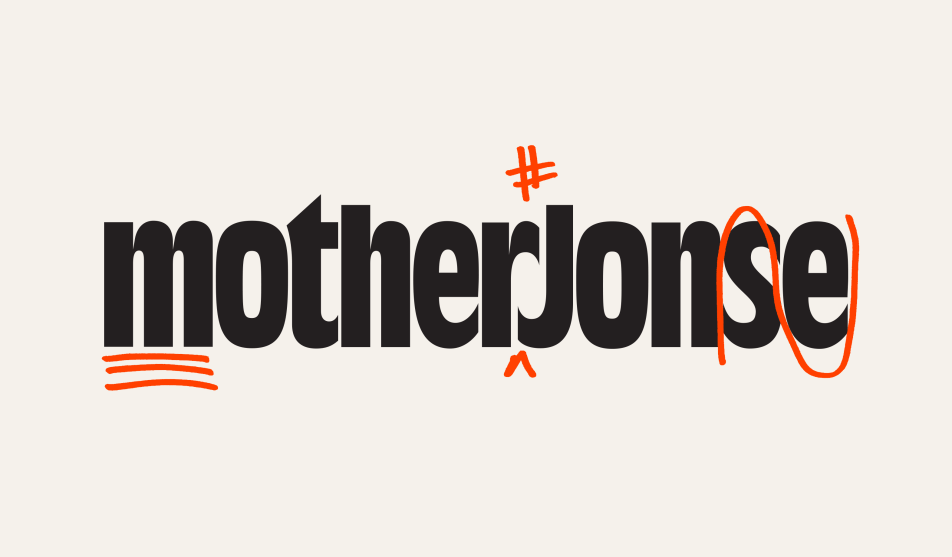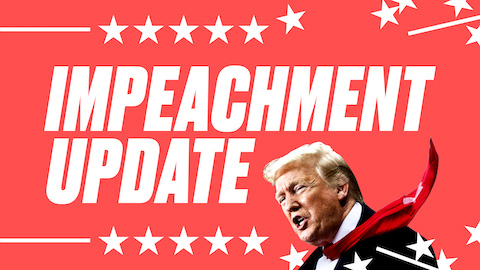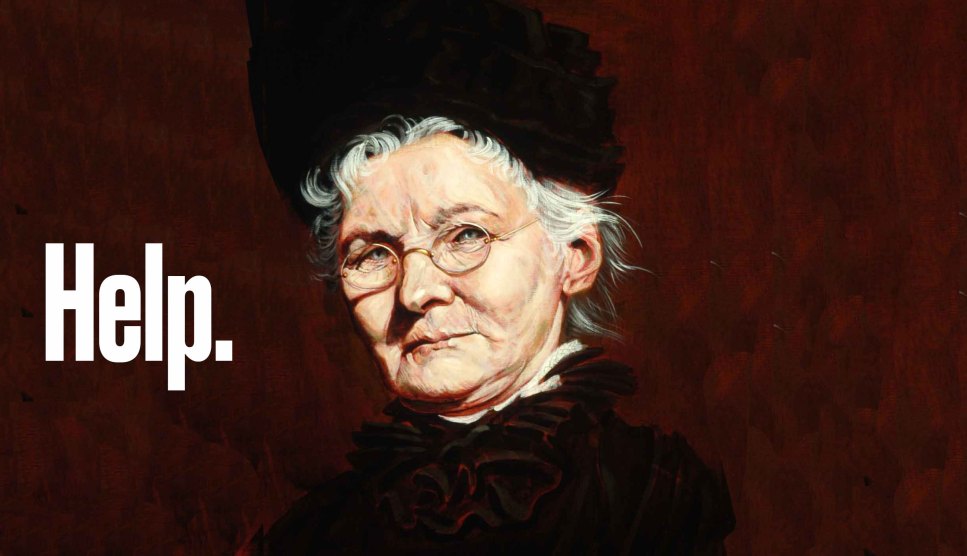
Mother Jones illustration
It started as a simple question from two Mother Jones editors: Should we, once and for all, drop the all-caps fuss and change COVID to Covid? What’s stopping us?
Science is stopping us. Acronyms are stopping us. I’m stopping us.
Or so I thought. COVID, short for CO(rona) VI(rus) D(isease)-(20)19, passes the same test we’d apply to anything else: IS IT AN ACRONYM? Drop it if it’s not. But when this question reached me last week from Kiera Butler, our senior editor in charge of pandemic reporting, a year and a half after another colleague asked it, I was surprised to learn how far Covid casualness has traveled. The New York Times, CNN, Politico, the Guardian, the Wall Street Journal, Wired, and a number of others go Covid. And Mother Jones long ago made -19 optional, so why not cool the caps and follow the pack?
Because we still capitalize acronyms.
Pedantry alone won’t settle this question, and we’ll want your vote at the bottom of this post. But search the archives and you’ll see how malleable the media is, how contested and cherry-picked the capitalization convention has always been, and how murky the lines are. Why, if COVID were the clear choice, would so many newsrooms change it to Covid but not AIDS to Aids despite both diseases having enormous societal impact, vast familiarity, and acronym roots? Why lowercase laser, radar, scuba, each an acronym?
In this minor debate is the mark of a meaningful fissure. Dueling impressions have taken hold that while one is consistent, the other is refreshingly informal. And the imperatives of social media erode conventional newsroom wisdom. So which should prevail?
We put this question to Mother Jones staff in a survey over several days, laying out the cases for and against and laying bare the competing assumptions. After a neck-and-neck start, Covid has taken the lead:
But the counterexample of AIDS presents a challenge. Here there's a practical point: the need to distinguish from a preexisting word. "Aids" in any sentence where it tracks as the verb gives assistance would obscure clarity. "Covid" never could.
Nor is clarity lost when, say, Dreamer replaces DREAMer, the clunkier mixed-case derivation of the legislative acronym. Our style guide carves out that exception. And some newsrooms draw arbitrary cutoffs for capitalization after four letters. The more you look for consistency, the less you find it. Which explains this chasm in media:
Covid
The New York Times, CNN, Politico, the Guardian, the Wall Street Journal, NBC News, the Intercept, WiredCOVID
The New Yorker, the Atlantic, the Los Angeles Times, the Associated Press, New York magazine, Vice, BuzzFeed News, The Root, NPR, CBS News, ABC News, the San Francisco Chronicle, the 19th Newscovid (lowercase-c)
The Washington Post
As my colleague Kiera ponders, “Maybe the Post’s style of ‘covid’ actually does make sense, if you think about chickenpox, measles, polio, rabies, coronavirus, all lowercase." (The difference: None are acronyms. COVID is.)
The plot thickens when you jump overseas to the UK, where it’s commonplace to capitalize the first letter of acronyms pronounced as words, like “Nasa, Unicef and, now, Covid-19,” says the Guardian’s global readers’ editor, Elisabeth Ribbans.
But as our staff survey winds down, our reader poll opens up. Weigh in below or email styleguide@motherjones.com, and we'll take your vote on board when our copy council, in lab coats, doles out a verdict:

















